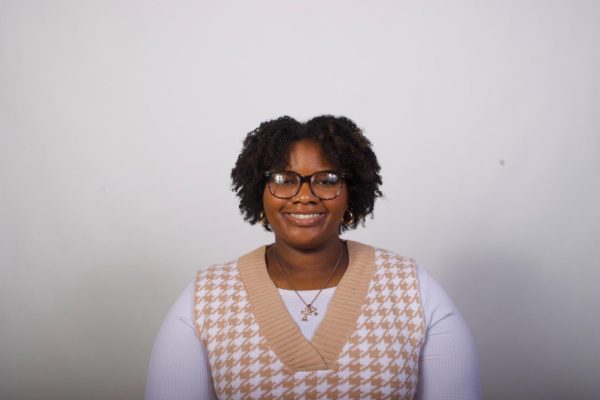Seniors still at risk for substance abuse
December 11, 2016
The Substance Abuse and Mental Health Services Administration (SAMHSA) has estimated that by 2020, the number of older people who need substance abuse treatment will increase from 1.7 million (a figure from 2003) to 4.4 million. That is pretty shocking since most of us think of the elderly as drinking a warm glass of milk before bedtime, instead of a few shots of bourbon, and passing out in the big recliner for the evening.
According to executive director Brenda Iliff from the Hazelton Treatment Center in Naples, Fla., “17% of older adults struggle with drug and alcohol addiction.” Because some baby boomers are more accepting of drugs and alcohol than the generation before them, they think nothing about having a few drinks with dinner and popping an opioid such as OxyContin to help relieve some issues that they may be having with pain.
Physicians are partially to blame because they prescribe painkillers to the elderly for every type of pain from arthritis to back pain and beyond, not realizing at the time of prescription that narcotic addiction could become a big problem.
Older people like the Baby Boomers want to feel good and get on with life; they do not have time for pain and will take medicines to relieve it if possible. Additionally, some Baby Boomers grew up in the 1960s and might have smoked marijuana or took LSD and other drugs, so they do not think anything is wrong with smoking marijuana now that they are senior citizens. They think that it is still okay to smoke a joint and to have a few too many cocktails — all in fun, right?
Part of the problem lies with the body and its ability to absorb alcohol. A person who could handle five Manhattans at dinner when they were 25 will probably get drunk after having three at age 65. The liver and kidneys do not work as well as they once did and have a hard time getting rid of the intoxicants that come from alcohol and drugs. Additionally, many seniors are on a regimen of prescription drugs and do not consider the side effects when mixing alcohol with these medicines.
Some senior citizens may start drinking out of loneliness. It makes them feel better if they can get out of the house and go down to the corner bar to have a few drinks and socialize. Soon it becomes a daily routine, and before long they have an addiction to alcohol; after that they might also find other ways to get high, including marijuana.
Some senior citizens will increase their use of alcohol and drugs to escape the difficult and dark emotions associated with isolation and loss. Perhaps it started with the loss of a spouse, and drinking helps to make the memories fade. Because senior citizens are retired they can hide their drug and alcohol use from others; they do not have to worry about showing up for work and can stay in bed all day if they need to cure that hangover. Even physicians may miss the clues from an addicted senior citizen and chalk up memory loss or falling as part of aging.
My next-door neighbor (we will call him Tim) is 70 years old and he is addicted to alcohol. He comes home drunk when the bar closes, sleeps all day and goes back to the bar every evening. The whole town knows that he has an alcohol problem and people accept it. Some people say “he is old; if he wants to drink, let him.” With that kind of attitude Tim will never get the help that he needs.
I have talked to him about going to the hospital for treatment and he tells me to mind my own business. That is another scary thing; Tim does not think that he has a problem. He is in denial and will not even consider that his behavior is unhealthy.
Unless senior citizens acknowledge that they have a problem, even treatment will not work. And yet, according to Iliff, “when they do go into treatment, they respond well.”
If you know a senior who struggles with drug or alcohol problems, please encourage them to seek help. Treatment is often successful and can greatly improve their quality of life, and our lives are better for their improved situations.
Cindy Huff is an aging studies graduate student. She can be reached at 581-2812 or [email protected].















































